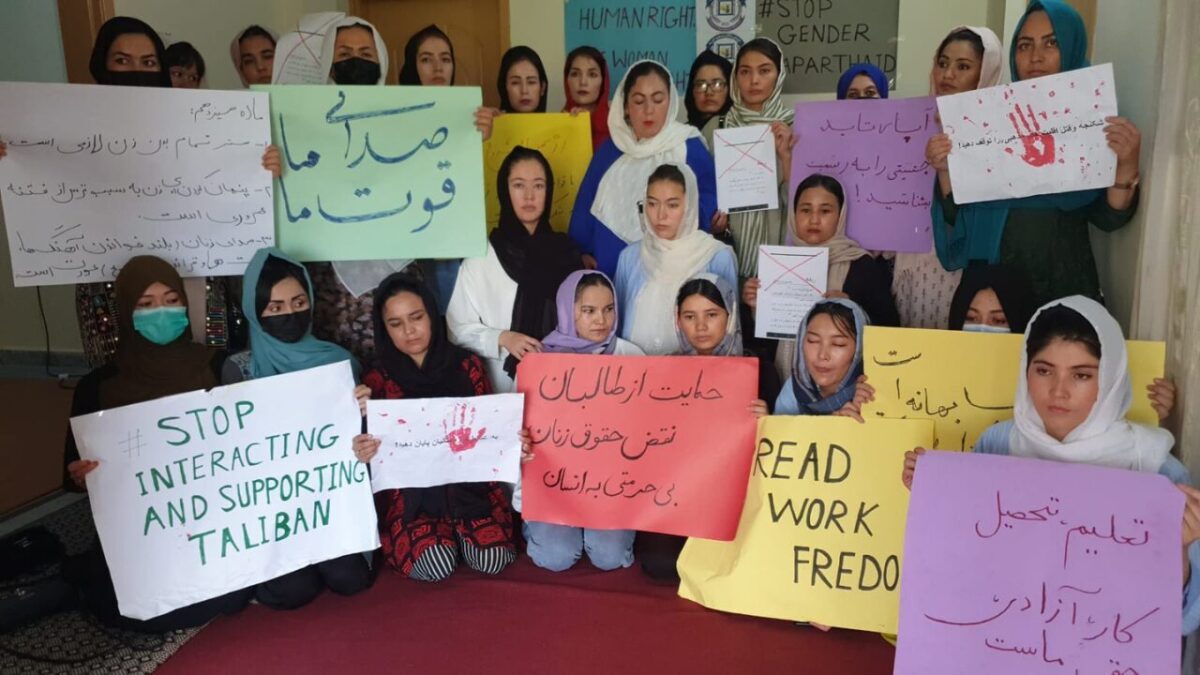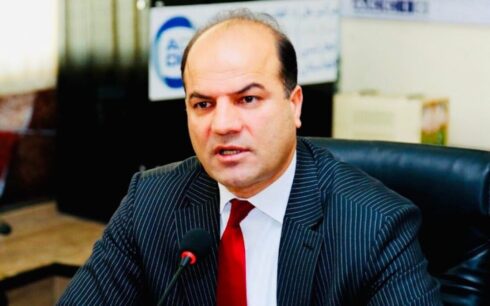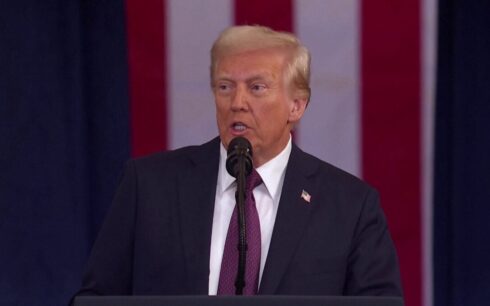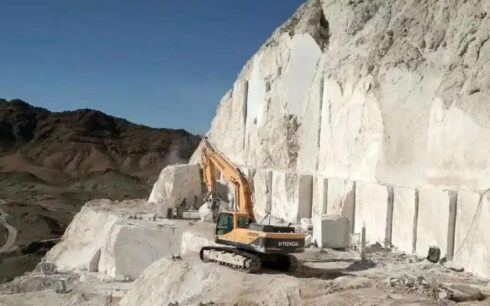A look at Afghanistan’s modern history reveals a persistent theme: each political and military faction that has seized power has imposed its own ideology, often at the expense of the population. For decades, the Taliban’s insurgency was driven by their desire to reclaim the country and impose their version of Islamic governance. Today, following their return to power, the same ideological battle continues, but its consequences are now amplified by the economic and social realities facing the nation.
The rise of the Taliban was facilitated by several factors, including weak leadership, internal divisions, and the failure of the republic to maintain unity between Kabul and the provinces. Neighboring countries and global powers contributed by either supporting the Taliban or failing to address the growing instability. Eventually, the Taliban succeeded in toppling a government that, at least on paper, was founded on democratic principles and the will of the people. The collapse of the republic in August 2021 marked the beginning of a new chapter in Afghanistan, one that many feared would lead to further isolation and regression.
In the final years of the republic, public dissatisfaction with the government grew steadily. Mismanagement, political infighting, and corruption at the highest levels of power alienated many citizens. As a result, the Taliban’s promises of change began to resonate more widely, especially in rural areas where state influence was weak. Taliban propaganda, carefully crafted and disseminated through various channels, appealed to disillusioned segments of the population. By the end of the republic, even some urban residents and intellectuals began to believe that the Taliban might have undergone a transformation during their years out of power. There was cautious hope that if they regained control, they would govern with more pragmatism and moderation.
Many Afghans, especially the educated class, believed the Taliban had learned from their past. They assumed that the group, after years of diplomatic engagement and exposure to international norms, would adopt a more moderate Islamic governance. This perception was bolstered by the Taliban’s messaging, which emphasized their desire for peaceful relations with the populace and an avoidance of the harsh social restrictions they had imposed during their previous rule.
However, these assumptions were quickly proven wrong. The Taliban’s ideological roots run deep, grounded in the Islamic fundamentalism of the 1980s, when they first emerged during the Soviet occupation. The jihadist groups of that era, many of whom were trained in transnational religious schools, adhered to a rigid interpretation of Islam. These hardliners formed the backbone of the Taliban when they first came to power in the 1990s, and their worldview has remained largely unchanged. Despite two decades of international efforts to foster peace and stability in Afghanistan, the Taliban’s return to power has brought a renewed imposition of the same extreme social restrictions that defined their first regime.
During their initial rule from 1996 to 2001, the Taliban’s policies isolated Afghanistan from the rest of the world. Social life in the country was stifled under severe restrictions, particularly for women, who were barred from public life and education. After their ouster in 2001 and the establishment of the Islamic Republic of Afghanistan, the country experienced significant changes. With support from the international community, particularly the United States, Afghanistan began to emerge from its political and economic isolation. Over the next two decades, the country saw improvements in education, media, and civil society. Literacy rates increased, universities expanded, and a vibrant press emerged. These developments fostered a more open and progressive society.
As Afghanistan modernized, many political and social leaders believed that the Taliban had evolved as well. Some argued that the group, having spent years observing the republic’s progress, would be more willing to accept social and cultural changes. This belief led to diplomatic efforts to integrate the Taliban into the political process. Even as the group waged its insurgency, some voices in Afghan political circles defended the idea of negotiating with the Taliban, hoping that they would embrace a more inclusive form of governance.
Yet, the optimism surrounding the Taliban’s potential for change was short-lived. Once in power, the group quickly reverted to its hardline stance, imposing severe social restrictions across the country. One of the first laws passed under their new regime was the “Promotion of Virtue and Prevention of Vice” decree, which reintroduced many of the draconian rules that had characterized their previous rule. These restrictions not only alarmed Afghans but also drew widespread condemnation from the international community.
The reimposition of these laws has had immediate and far-reaching consequences. One of the most significant impacts has been the surge in emigration, particularly among young, educated Afghans who see no future for themselves under the Taliban’s rule. This new generation, which grew up in a more open Afghanistan, is unwilling to accept the Taliban’s repressive policies. As a result, many are choosing to leave the country, seeking refuge in neighboring nations or further afield. This exodus of talent is creating a profound “brain drain,” which will have severe long-term consequences for Afghanistan’s economy.
The loss of skilled workers and professionals threatens to cripple the country’s economic infrastructure. With fewer qualified individuals to drive development, Afghanistan is at risk of falling into an economic abyss. The Taliban, lacking both the capacity and the international legitimacy to govern effectively, are ill-prepared to address the growing economic crisis. Their strict social policies are exacerbating the situation, pushing more Afghans to leave and further weakening the economy.
This crisis is not only an Afghan issue but a global one. The international community, which spent two decades investing in Afghanistan’s development, is now grappling with the consequences of the Taliban’s return to power. The United Nations Security Council has held several emergency sessions to discuss the situation, and some member states are pushing for sanctions against the Taliban. However, the geopolitical dynamics of the region complicate these efforts. Afghanistan’s neighbors, including Pakistan and Iran, have their own interests in maintaining relations with the Taliban, despite the group’s repressive policies.
The Taliban’s harsh measures are also a reflection of the broader geopolitical landscape. Regional powers, seeking to capitalize on Afghanistan’s instability, are pursuing their own political and economic agendas. However, the Taliban’s reliance on extreme measures will likely alienate these countries in the long run. The group may soon find itself isolated not only from the West but also from its immediate neighbors.
Ultimately, it is the Afghan people who are paying the price for the Taliban’s policies. The psychological toll of living under constant repression, combined with the economic hardship, is pushing the country toward the brink of collapse. The Taliban’s insistence on rigid social control is not only damaging the country’s economic prospects but also eroding the social fabric of Afghan society.
The Taliban must recognize that their current path is unsustainable. By isolating themselves from the international community and imposing harsh restrictions on their own people, they are accelerating Afghanistan’s descent into crisis. If they do not change course, the country faces a future of deepening poverty, social unrest, and international isolation.
Marouf Kabiri holds a Ph.D. in Literature and Social Sciences and is a former professor at Herat University. He has published numerous political and social essays, as well as a comprehensive collection of the poetic works of Qahar Asi.
The views expressed in this article are those of the author and do not necessarily reflect the editorial stance of Amu TV.





